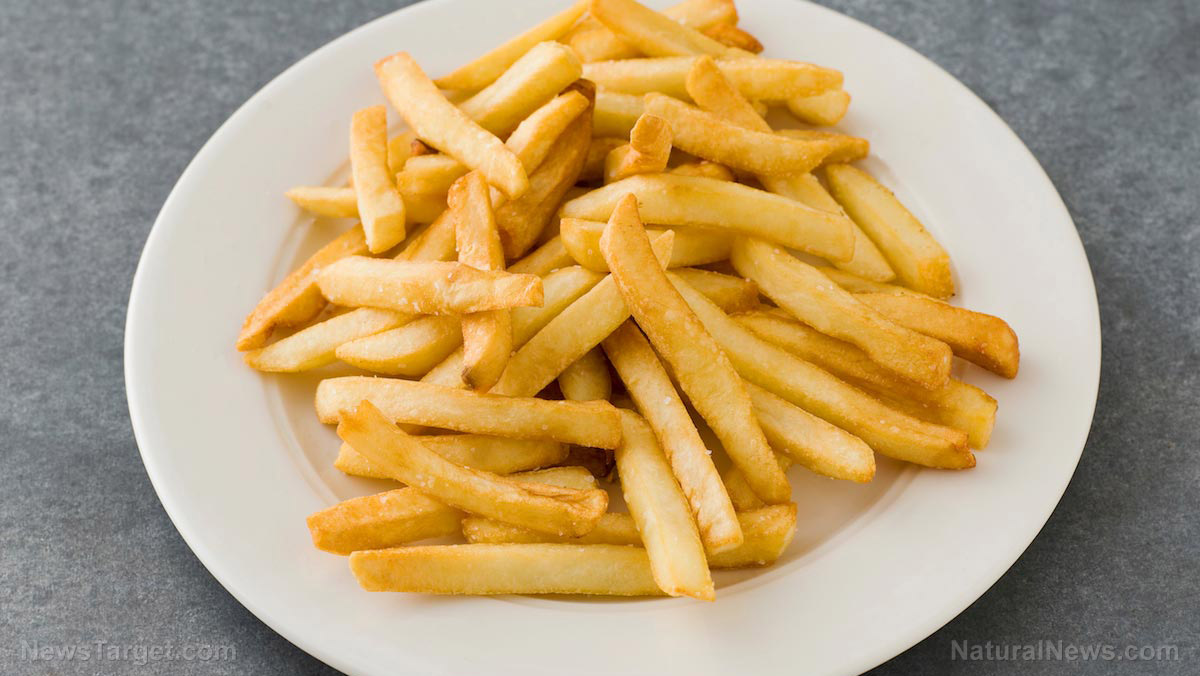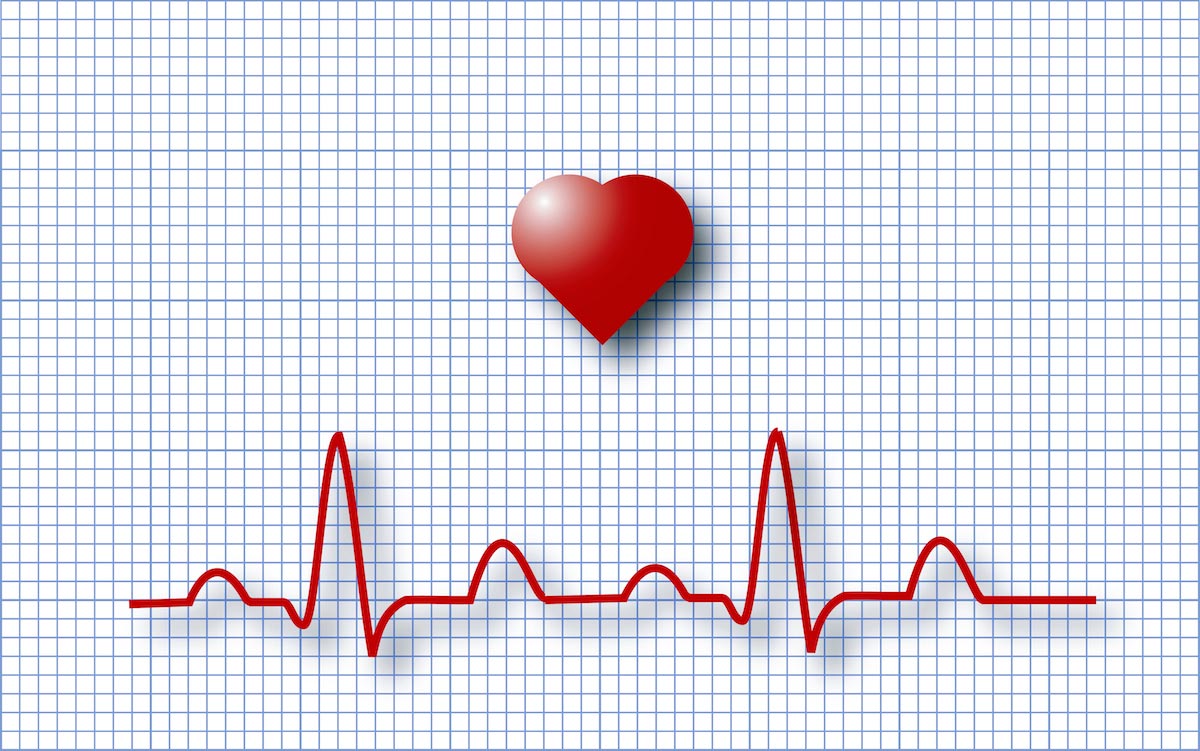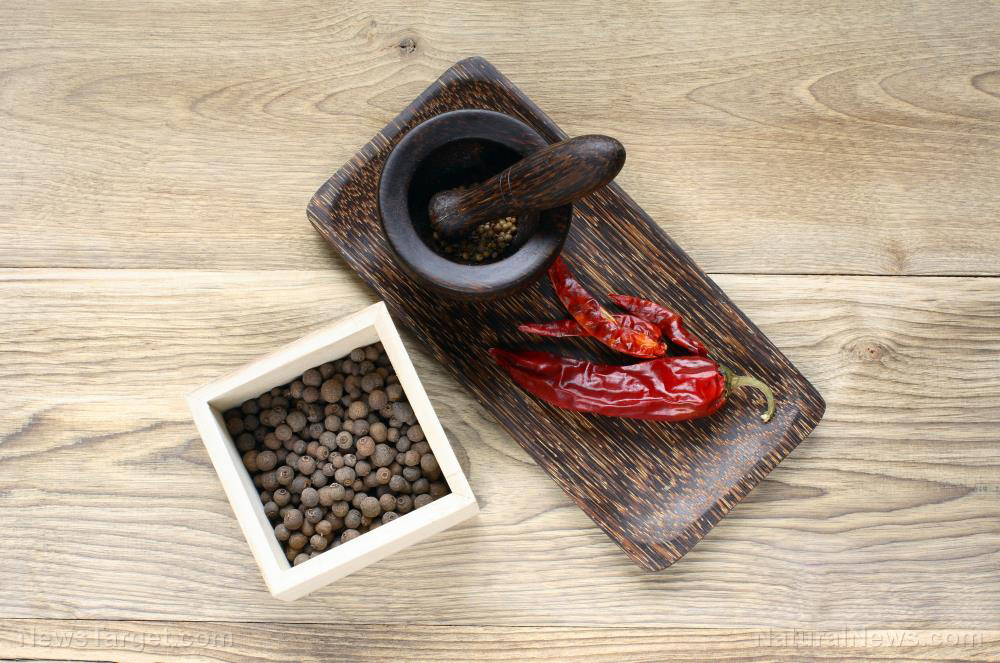MORE protection from gut microbes: Study finds they can prevent high blood pressure caused by a high-salt diet
03/14/2019 / By Rita Winters

We all know that too much salt can cause heart disease and kill you. Researchers at the Massachusetts Institute of Technology (MIT) found that the bacteria inside your body defends you against your salt intake. Their findings were published in the journal Nature.
In both mice and men, a high-salt diet is known to diminish healthy bacteria inside your body. When this happens, Th-17 immune cells, or cells that cause inflammation, grow rapidly. These pro-inflammatory cells are linked to high-blood pressure (HBP). Sodium, when accumulates in the blood stream, drives the body to retain more fluids to dilute the sodium. During this process, the heart works harder to pump the added volume of water and can harden both the heart and the blood vessels. This scenario can lead to HBP, heart attack, and stroke.
These researchers found that probiotics can reverse the effects of salt intake, but should not be interpreted as a license to eat too many salty foods. Taking probiotics should not be a solution to eating as much fast food as humanly possible, because it doesn’t really work as a canceling agent for sodium. The MIT lab studied gut microbes and found that these microbes balance out Th-17 (pro-inflammatory) and anti-inflammatory cells. Probiotics may help tips the scales in favor of anti-inflammatory cells.
In the experiment, some mice were fed sodium chloride (NaCl), or table salt, and some were given a regular, normal diet. Results after two weeks showed that the mice given salt had reduced levels of a bacteria called Lactobacillus murinus, and also developed more Th-17 cells and high levels of blood pressure. When the affected mice were given probiotics with the aforementioned Lactobacillus murinus, Th-17 populations decreased and their blood pressures normalized.
Twelve human subjects were also used in the experiment. After giving 6,000 milligrams (mg) of table salt everyday for two weeks, decrease in gut microbes, rise in blood pressure and Th-17 cells were all noted. These subjects were given probiotics, available commercially, and results showed that all these changes went back to normal. Given the facts above, the researchers state that if everybody knew what happens to their bodies when they ingest something, they would stick to a healthy diet.
The more you know about food, the less you find yourself in dire health. Nowadays, a normal American diet consists mostly of fast food. A typical burger already has around 440 milligrams of salt in it. The American Heart Association recommends a limit of 1,500 to 2,300 mg of sodium per day. Unfortunately, most people in the country consume processed, pre-packaged food that has too much salt content. To help you determine how much salt you’re taking per day, here’s a quick guide:
- ¼ teaspoon of salt is approximately 575 milligrams of sodium
- ½ teaspoon of salt is around 1,150 milligrams of sodium
- ¾ teaspoon of salt is almost 1,725 milligrams of sodium
- 1 teaspoon of salt is 2,300 milligrams of sodium
It may be difficult to move away from a “salted” life, but it is necessary. Always check your food’s nutrition facts label. Consuming less than 1,500 mg of salt each day will help normalize an individuals blood pressure, and it will also help those tiny gut microbes keep a balance in your immune system.
Sources include:
Tagged Under: gut health, gut microbes, heart health, high blood pressure, high salt diet, probiotics, salt, sodium chloride



















